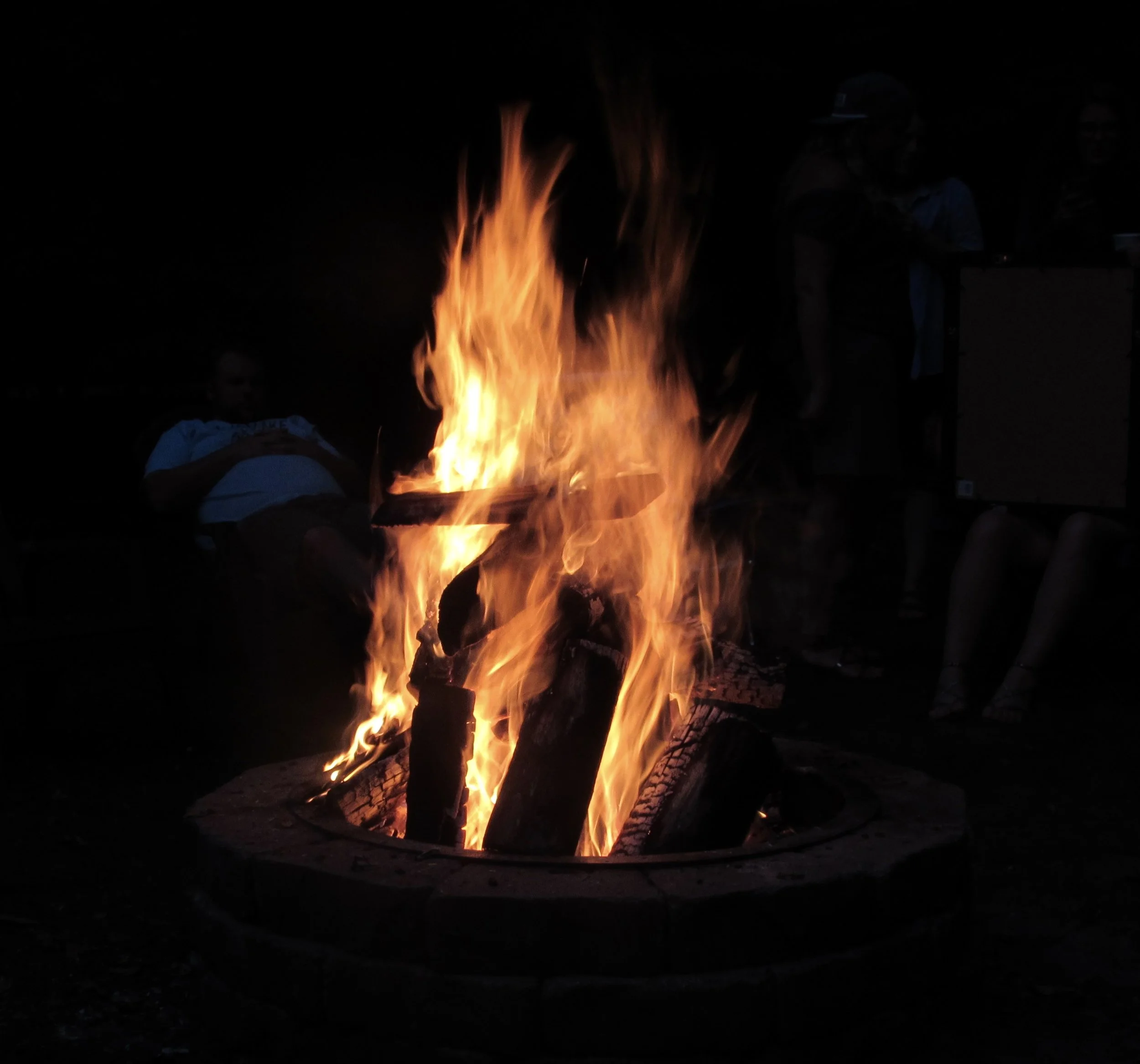Studying Social Media's Role Following an Emergency
The Center for Homeland Defense and Security of the Naval Postgraduate School has published a video podcast of an interview with Dr. Jim Breckenridge titled The Psychological Effects of Media Exposure in the Case of a National Tragedy. Breckenridge is a Director of CIPERT, the nonprofit Center for Interdisciplinary Policy, Education, and Research on Terrorism.
In the interview Breckenridge describes a survey of social attitudes following the Virginia Tech shootings. Of interest is the apparent role of the media in contributing to the atmosphere of public fear and mistrust that followed the shootings. (Note that I am paraphrasing; in the interview Breckenridge avoids "cause and effects" interpretations.)
According to Breckenridge, people who were exposed via the media to the details of the shooting, the killer, and the resulting public response were more likely to express feelings of fear, distress, and mistrust. These feelings were associated not only with exposure to "traditional media" such as television, radio, and newspapers but also with social media and networking sources such as blogs and systems such as Facebook. Of related interest is that a heightened sense of fear and mistrust, according to the survey, seemed to be carried over to institutions unconnected with the Virginia Tech tragedy, such as the Coast Guard and the Red Cross.
The interview is a short one. The interviewer does touch on the question of the "social responsibility" of the media in such situations. The results of this particular survey, at least as reported in this brief interview, suggests that all media -- not just traditional media but also social media and networking systems -- have the potential for contributing to a negative public response.
My view of social media and social networking, as I have written previously, is that they have a positive role to play in emergency response communications. Government authorities need to embrace them as part of the overall mix of communication tools that are managed and used in crisis situations.
In my opinion, the survey reported by Breckenridge reinforces this view. Even if one were to view "fear and mistrust" as a motivating factor for citizens to take protective actions, the potential for negative consequences is also there. As I wrote in School Communications & Emergency Response: What are the Implications for Social Media?,
Young people use these systems day in and day out. They blog, they use social networks, they constantly are text-messaging, and they know how to exchange information and share files. Such systems are second nature to them.
To fail to take the existence and potential value of such systems into account in planning for what to do in case their lives are threatened would be irresponsible. But we do need more thinking, research, and experimentation before we know what makes the most sense.



